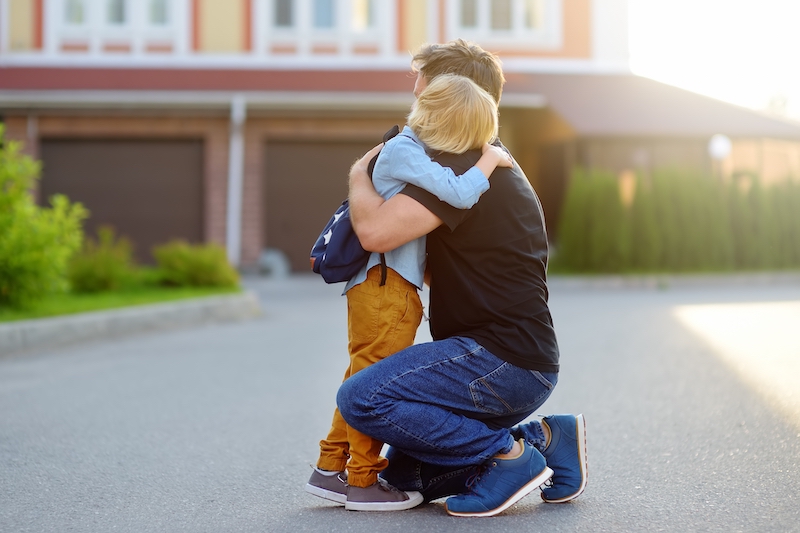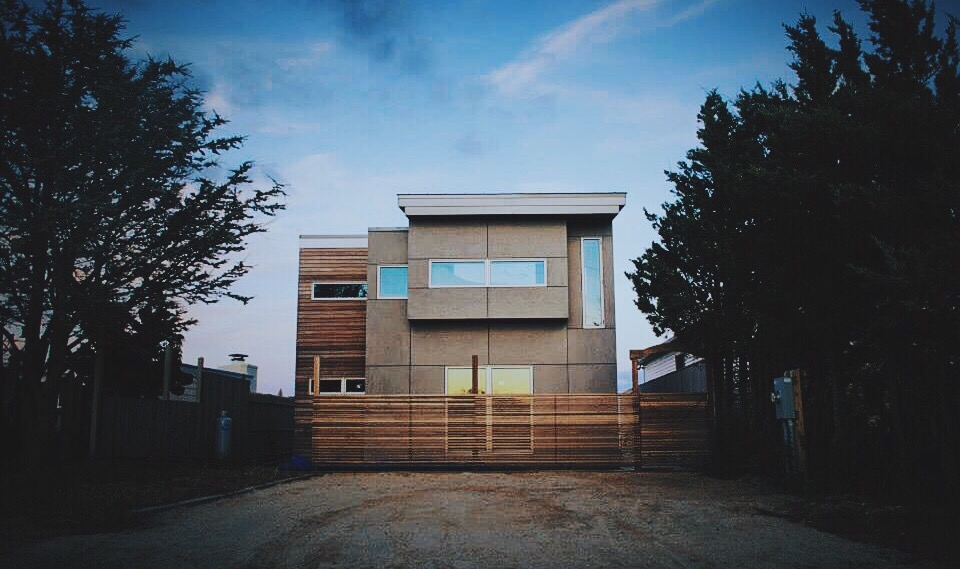On Fridays we bring you the week’s best from around the web. This week’s round-up features a coat designer who is making a lasting impact on the homeless, a discussion of what the social justice movement is missing, and more.
“How an Innovative Coat Designer Is Helping the Homeless“ by Joe Carter, Acton Institute
“Why You Should Stop Acting and Start Being“ by Andrew Quinn, The Pursuit of Happiness
This school of thought (called virtue ethics) tells us our main job is not to obsessively evaluate each action. Instead, we are called to imagine what kind of person we want society to be populated with, and what kind of person we ourselves want to be. What personal virtues do we aim to cultivate? Which vices should we erase? We are told, in short, to stop asking “What should I do?” and start asking “Who should I be?”
“What the Social Justice Movement Is Missing” by Elise Amyx, Institute for Faith, Work & Economics
Poverty is too big for the church as a stand-alone institution, but poverty is not too big for the body of Christ. The body of Christ is made up of legislators, entrepreneurs, and volunteers; courts, businesses, and charities. Each institution, each organization, and each person has a unique role to play in God’s Kingdom. Then who does poverty relief best? We do poverty relief best.
“Start Helping the Helpers“ by Arthur Brooks, The New York Times
Ordinary people, especially vulnerable people without power and privilege, find Airbnb empowering and useful. It lifts Americans up with zero cost to the taxpayer. And people like it. Shouldn’t we encourage this? Instead, state and local governments have met the service with antagonism, seeking to limit Airbnb’s operations or shut it down.
“Where College Graduates Are Choosing to Live“ by Claire Cain Miller, The New York Times
Even as Americans over all have become less likely to move, young, college-educated people continue to move at a high clip—about a million cross state lines each year, and these so-called young and the restless don’t tend to settle down until their mid-30s. Where they end up provides a map of the cities that have a chance to be the economic powerhouses of the future.


